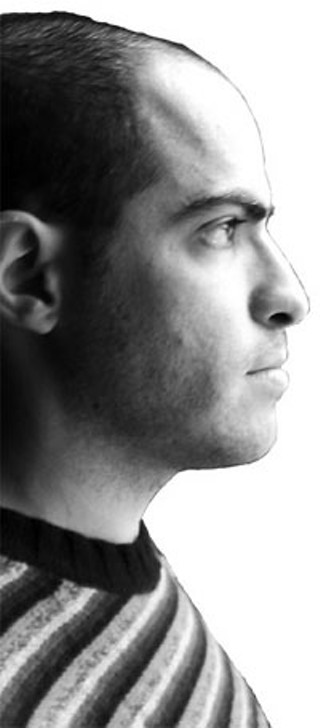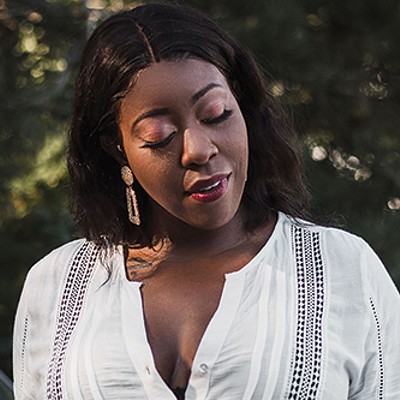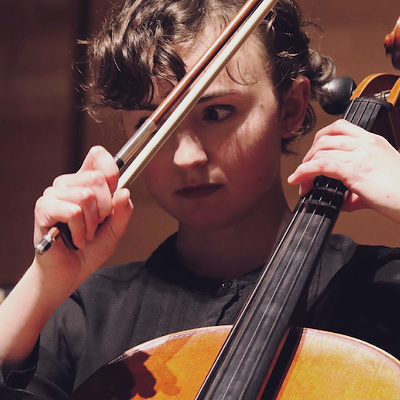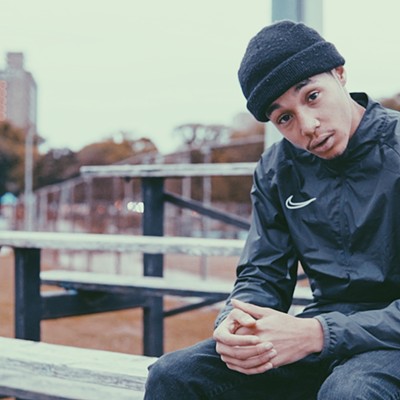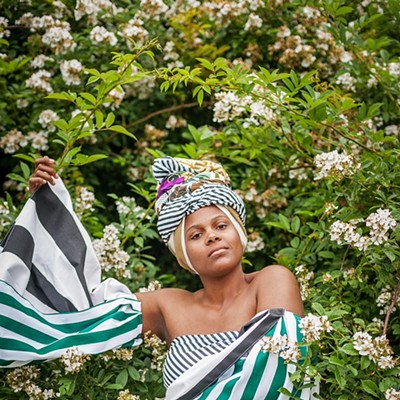In conversation with Ben Jacobs, AKA Max Tundra, a number of paradoxes arise. He draws from pop music today and calls himself a pop musician, but what he makes doesn't sound like pop. He doesn't consider himself an electronic musician, but he uses electronics to make and perform his music. He believes radio in his country is crap, but he just broadcast his first show on a London FM station.
In modern music, paradoxes are OK, acceptable, even good. Because the world arguably needs musicians like Ben Jacobs/Max Tundra, who is a product and agent of the world and global culture. He not only reflects but comments on just what it really is. He uses the same tools to show how the machine operates.
Jacobs' main tool is a musical mind that allows him to understand the language of different types of music and how to fuse them together. In fact, when listening to his 2002 release Mastered by Guy at the Exchange you could draw a line linking Beck, Beyoncé/Destiny's Child, Stereolab, Bjork, Prince, Bran Van 3000, Outkast, XTC, Steely Dan, Final Fantasy, Zero 7, Frank Zappa and many more that ends with—culiminates in—Max Tundra. He's released a number of singles and remixes of other artists' work as well as with an instrumental debut since 1998, but still, he's called an electronic artist.
"I'm often lumped in with electronica artists, but I see myself...as a pop musician," Jacobs offers on the line from his home in Hackney in London's east end. "Before I switch any piece of equipment on I have the structure worked out. I'll say, "Right, this is a song that's going to go from A to B via H and it's going to end up like this and it's going to be in this key—this is what's going to happen.
"That's different than switching something on and playing around until some ideas emerge. I see myself as more of a songwriter. Unfortunately not everyone else does."
Thus he's happy to hear the comparison with Final Fantasy, the artist for whom electronics play a secondary, support role for voice and violin. "I'm much more happy with being compared to Final Fantasy than being compared to someone like Four Tet."
At the heart of the Max Tundra's home studio: a vintage Commodore Amiga 500 computer. Though he uses the latest portable technology, such as mini disc and iPod, to transport his music around the world and for "backing" on stage, he swears off one piece of hardware.
"I don't make music on a laptop. I don't use a PC or a Mac for my sequencing. My home studio is very un-portable. A lot of musicians of my generation or my pigeonhole seem to think to play live you just stand on stage with a laptop and you just kind of check your emails or play Tetris," he says, before laughing out loud.
Of course, the Amiga stays put in Britain. Jacobs, 33, will bring "what I can get through customs, or what JazzEast will provide for me," for his July 20 Jazz Fest show. "I usually have a long list of keyboards and stuff on my technical rider. Sometimes I'll bring things like a thumb piano and a melodica, or xylophone, recorder, a set of keys. Whatever I can fit in a suitcase really."
His sister Becky sings on Mastered by and there's trumpet on the album too. Neither sister nor horn will cross the Atlantic for Halifax, Max Tundra's first-ever appearance in Canada. "I tend not to play it live because I'm not a very good trumpet player. The takes on the record have just been rehearsed and rehearsed bar by bar."
But, he assures, "The singing is live. The dancing is live."
Despite the appreciation for careful construction of a song, Jacobs' formal musical training is limited. "When I was young, my parents decided they wanted me to learn a musical instrument. I did a handful of piano lessons when I was very young and sort of gave up on that," he says. "When I was at secondary school, someone decided I should try to play an instrument again so for some reason I chose the French horn, which is apparently the most difficult instrument in the orchestra. And I thought, "Well if I can play that I can play anything.'"
After a pause, he reveals, "However I hated it. I used to do things like leave it on the train on the way to school. But it showed me I could get some notes out of that so it showed me, in theory, I could play any instrument, not necessarily well but then, you know, there's studio trickery."
Such honesty and bluntness occur often in conversation with the man known as Max Tundra. This is an artist who makes no apologies, no attempts at explaining away what he uses and what he does. "I think what matters is the finished product," he says seriously, "not how you got there, really."
Favourite records will make up the playlist of Rotogravure, the radio show Jacobs started hosting last Saturday on Resonance-FM, a London-based arts station. It will run for 12 weeks, Saturdays at 2:30pm UK time (10:30am AST).
"With my radio show I'm going to be rebelling against the sort of music you hear on the radio in this country, the really boring, play-listed bilge." And the bilge spills everywhere, he says. "In the UK we're bombarded with radio. If I go to the shop there'll be a radio on at the shop. If I phone about my credit card, there'll be some music when I'm on hold. If I phone my mobile phone company, again, music on hold. Walking down the street you'll hear something out of cars. It's really, really dreary, some of it."
He'll program, he says, for the people who get home and think: ""God I'd really love to hear a Steely Dan album track or something by Final Fantasy or something like that.'"
Steely Dan, Final Fantasy: in today's musical world, which is Max Tundra's kind of world, it all makes sense.
Max Tundra, July 20 at the Seahorse, 1659 Argyle, 10:30pm, $10, 492-2225, www.jazzeast.com.
Sean Flinn is a freelance journalist in Halifax. Read his and Graham Pilsworth’s Jazz Fest blogs here.

